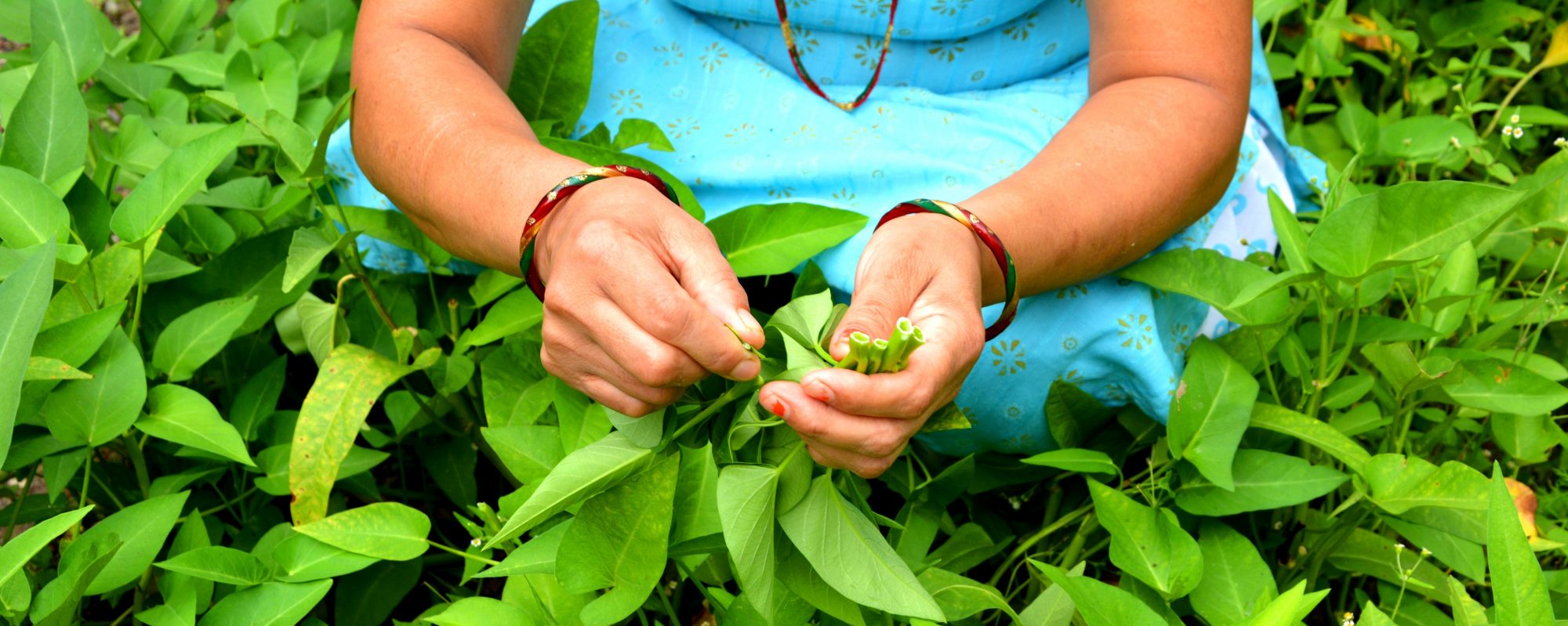Healthy Parks Healthy People – Parks importance for human well-being
A year before the 6th IUCN World Parks Congress in Sydney, Australia, a wide range of stakeholders addressing issues and opportunities in parks and protected areas throughout Asia, gathered in Sendai, Japan in November 2013 to share lessons learned and discuss ways forward. As part of the 1st Asia Parks Congress’ theme ‘Parks Connect’ the Australian organisation Parks Victoria organised a side-event addressing Healthy Parks Healthy People to highlight nature’s importance for improving and maintaining health of individuals and the community as well as connecting people and communities with parks. Since this is part of the Biodiversity and Community Health’s (BaCH) Initiative’s core focus areas, Dr Suneetha M Subramanian Senior Research Fellow at the United Nations University Institute for the Advanced Study of Sustainability (UNU-IAS) shared experiences highlighting how parks impact human well-being by sharing case studies from India.
For Victoria Park’s presentation see / For further information on the case study see
Public Seminar on Biodiversity and Community Health: Strengthening Linkages
On 18 November 2013 Dr Suneetha M Subramanian Senior Research Fellow at the UNU-Institute of Advanced Studies (UNU-IAS) was invited to conduct a seminar on the linkages between biodiversity and community health at the United Nations University International Institute for Global Health (UNU-IIGH) in Kuala Lumpur, Malaysia. Suneetha provided a comprehensive overview of how sustainable natural resource management, traditional knowledge around the use of biological resources and revitalising traditional medicinal practices can lead to improved access to health care, namely for the most vulnerable people and hence improve human well-being. Suneetha highlighted the need to integrate traditional medicinal practices into the the public health care by refering to international best practices.
For resources see here
How can we develop policies to be inclusive of traditional systems?
UNU-IAS Seminar Series: ‘Bioethics in Traditional Medicine’
The Biodiversity and Community Health (BaCH) Initiative’s partner the UNU-Institute for the Advanced Study of Sustainability (UNU-IAS) dedicated a seminar on the complexity of bioethics in traditional medicine on October 14, 2010 in Yokohama, Japan. The key experts highlighted the fact that traditional medicine has been acknowledged to provide essential health care to a majority of populations worldwide. Nevertheless, there is much debate on how traditional medical knowledge is perceived by mainstream processes and knowledge systems as healing systems and as a resource for products;. The same applies for within a system, how practitioners of traditional medicine are treated vis-à-vis the knowledge itself. As such, the seminar highlighted various issues related to the use of traditional medicine based on case studies from India, and African and European countries. The key experts further reflected on the questions of how to develop policies to be inclusive of traditional knowledge systems, and how to govern the ethical issues will also be raised.
Check out the talks here

“Traditional healing gets a big boost”*
International Traditional Healers Exchange &
Conference on Promotion of “Traditional Medicine for Sustainable Healthcare
The International Healers Exchange and Conference was a unique event jointly organized by partners of the Biodiversity and Community Health (BaCH) Initiative ETC-COMPAS and FRLHT as well as other co-sponsors in 8th to 20th November 2009 in Bangalore, India. The conference was a pioneering event highlighting the importance of traditional medicine and its potential role for sustainable healthcare. As such the conference had a vast impact gathering around 200 participants from academia, government and non-government institutions, media as well as 50 healers from Africa, Asia-Pacific, Europe and Americas. The event raised global awareness for ways to recognise and integrate and traditional healers in mainstream health systems.
For further information see here
* Title of the article in the Times of India see also here


